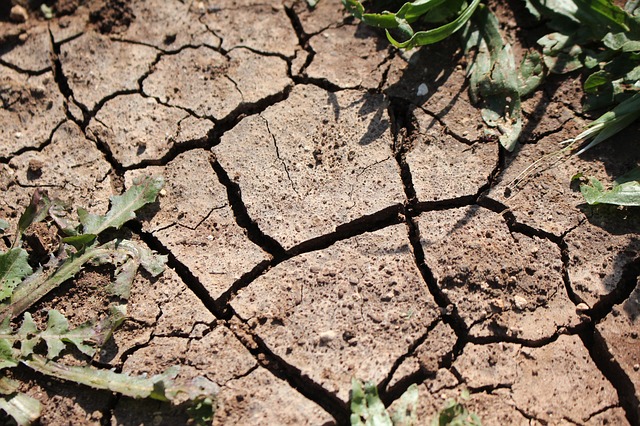
It’s no secret: Our soils are in trouble.
A group of prominent soil scientists laid out the facts in a recent paper published in Science. The article also highlights the ramifications for food production and human security.
Erosion, nutrient depletion, urbanization and climate change—all contribute to the declining productivity of our earth’s soils, nearly 40% of which is being used for agriculture. The other 60% is rapidly being turned into concrete cities and suburban housing.
The little bit that remains is likely to be less productive. The article’s authors point out the startling fact that soil in the central United States (the country’s “bread basket”) is eroding 10 times faster than it is being replenished.
Avoiding Nutrient Shortages
So how will we feed a world population that, according to the Pew Research Center, is expected to reach 9.6 billion by 2050?
The only way is to find better, smarter, healthier ways to manage the land that we already have. This means putting key nutrients back into the soil without having to rely on commercial fertilizers. (Beside the obvious ecological effects, commercial fertilizers are unsustainable in the long-run because of limited resources and escalating costs.)
Unlike commercial fertilizers, rock dust (also called “rock flour” or “rock powder”) is an all-natural, slow-release method of restoring essential nutrients to the soil. Plants that take up more nutrients are healthier, more productive, and more resistant to disease and climate swings. By adding rock dust to our soils, we mimic the earth’s own slow manner of regenerating the soil through geological activities such as volcanoes and glaciers.
Basalt: A Superior Source of Minerals
While there are many different types of rock dust, research indicates that crushed volcanic basalt supports and increases microbial activity in all soils and delivers a balanced mix of nutrients in a form that is readily available to plant roots over an extended period of time.
Of course, organic gardeners have been using volcanic rock dust for years. They know it is an all-natural, relatively inexpensive way to restore the health of the soil without causing damage to plants or exposing children and pets to synthetic toxins.
Now it’s time for commercial agriculture to get on board. It’s not an exaggeration to say that our security depends on it—if we can’t protect and recycle the nutrients in our soils, we won’t have nutrients in our food. And if our food no longer nourishes and sustains, we’ll see conflict on a global scale.
Or, as leading soil scientist Donald L. Sparks succinctly states: “”Human civilizations have risen and fallen based on the state of their soils. Our future security really depends on our ability to take care of what’s beneath our feet.”
